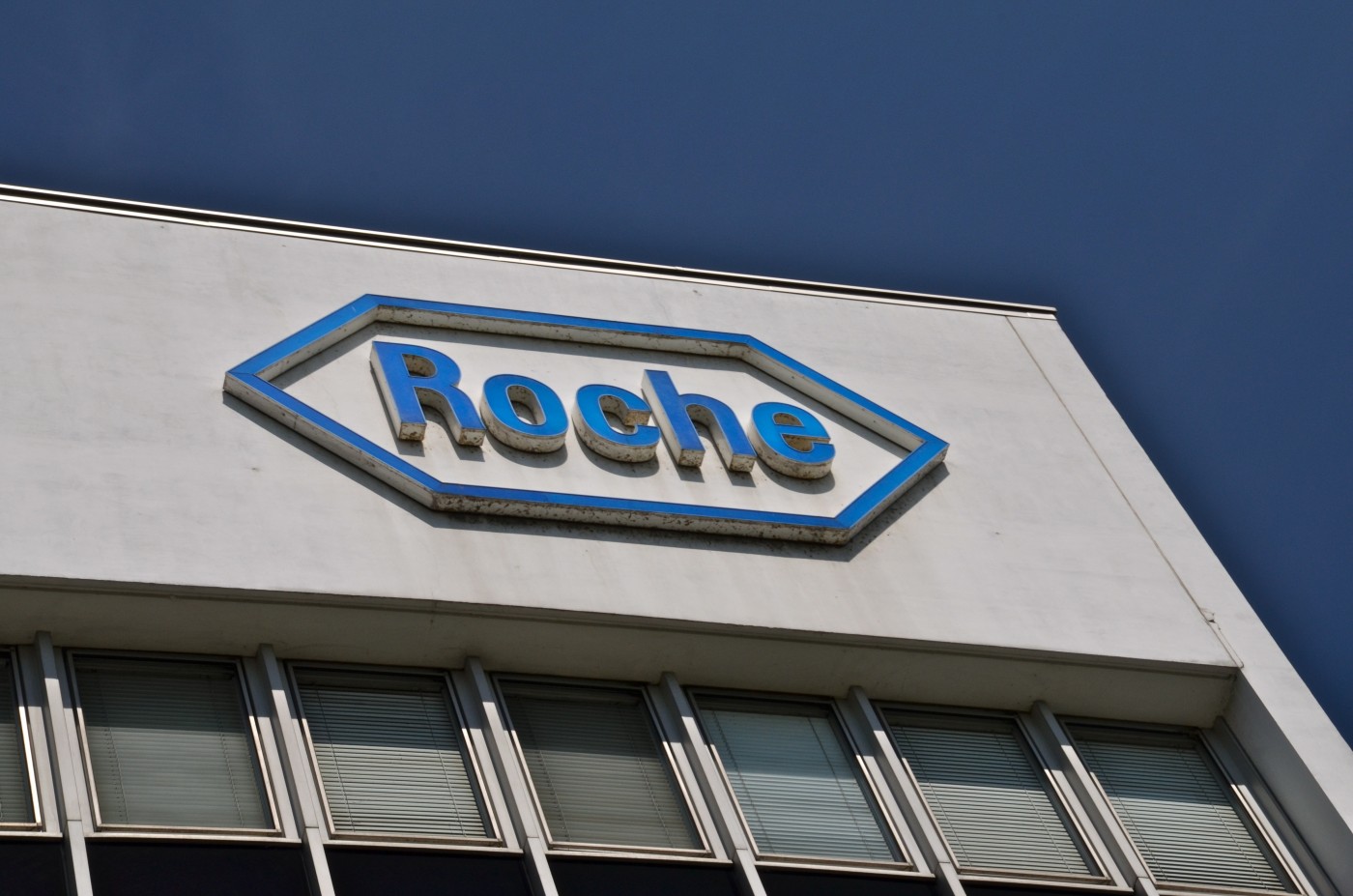Ocrelizumab: a Promising New Treatment for Multiple Sclerosis with Minimal Side Effects
Written by |

On September 16, 2015, Swiss pharmaceutical company Roche announced that ocrelizumab, a drug originally designed to treat rheumatoid arthritis that saw its development stopped due to an association with infections, could potentially treat relapsing-remitting multiple sclerosis (RRMS) as well as primary progressive MS (PPMS) with minimal sides effects compared to other commercially available drugs. Full details on the clinical trial results assessing the efficacy and safety of ocrelizumab will be disclosed on October 7-10 at the Annual Meeting of the European Committee for Treatment and Research in Multiple Sclerosis (ECTRIMS) in Barcelona, Spain.
MS is a disease that affects the central nervous system. The damage it inflicts in some sections of the neurons, impair the conduction of signals in the affected nerves causing deficiency in sensation, movement, cognition, or other functions. As a result, patients with MS may experience symptoms like difficulties in movement/coordination, changes in sensation, depression, visual problems, fatigue, muscle weakness/spasms, problems with speech/swallowing, and bladder/bowel difficulties. These manifestations may occur as episodes of sudden worsening with possible amelioration (RRMS) or as continuous degradation over time without improvement (progressive MS). Though the exact causes are not yet fully understood, it is believed that autoimmune disorders and environmental factors count for the development of the disease. MS is considered the most common autoimmune disorder affecting the central nervous system, and life expectancy of patients with the disease is on average 5 to 10 years lower than healthy individuals.
There is no known cure for MS, but numerous medications are commercially available to relieve the symptoms and prevent relapses from occurring. However, these medications have several adverse effects, being one of the most common the irritation at the injection site.
In the recent announcement, Roche states that ocrelizumab is comparable with other MS drugs in terms of safety. “It’s wonderful from a safety point of view,” said Roche’s Chief Executive Dr. Severin Schwan in a news release. “We have a safety profile which is similar to the interferons, to Rebif, which is considered the safest MS drug class.”
RELATED: New Multiple Sclerosis Drug May Repair Nerve Demyelination
Ocrelizumab can be delivered intravenously twice a year in order to reduce the risk of patients skipping their medication, especially between relapses. Furthermore, ocrelizumab is also being tested in people with PPMS, a form of the disease that affects around one in six of the MS patients. Roche expects ocrelizumab to compete with other injectable drugs like Biogen’s Tysabri and Genzyme’s Lemtrada, as well as pills like Novartis’ Gilenya and Biogen’s Tecfidera.
“This is a huge opportunity for us,” Dr. Schwan saud. “MS is a big market of over $20 billion (a year) and we believe the profile of our medicine in terms of efficacy and safety is pretty unique. I think this is very good for patients and there is a huge commercial potential for this medicine.”
Roche claims that ocrelizumab is able to reduce relapses and disability progression and that it looks like a promising treatment strategy for both RRMS and PPMS. Roche plans to obtain marketing approval for the drug in the first quarter of 2016, and then initiate its potential launch in about a year later; if the drug is successful, this would result in a considerable market potential with estimated sales of over $720 million in 2020.


